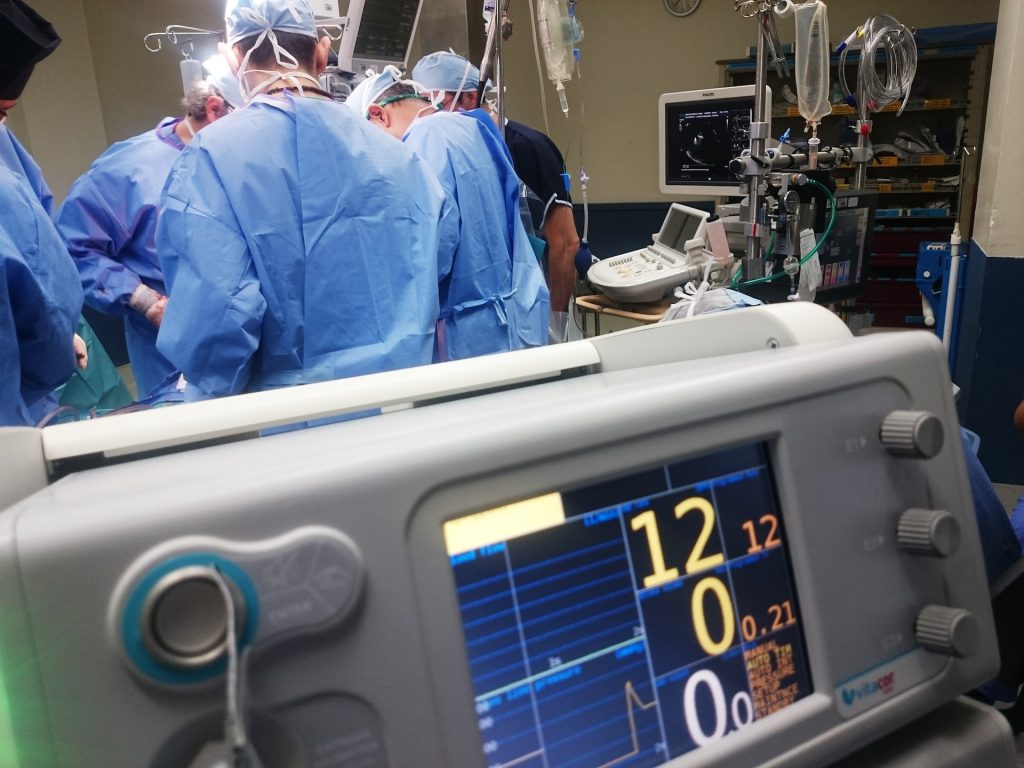GLP-1 Agonist Users Report Reduced Alcohol Cravings

In social media posts on the community network Reddit, users reported reduced cravings for alcohol when taking drugs intended to treat Type 2 diabetes and obesity. Across a number of threads – with titles such as “Did scientists accidentally invent an anti-addiction drug?” and “I don’t know if this is a side effect but … Mounjaro makes me drink less!!!!!” – users reported a changing relationship with beer, wine, and liquor.
An analysis of those posts, together with a remote study of individuals with obesity who reported using semaglutide and tirzepatide, found that the drugs decreased cravings and reduced alcohol consumption, according to a study by Virginia Tech researchers published in Scientific Reports.
“These findings add to a growing literature that these medications may curb dangerous drinking habits,” said Warren Bickel, Virginia Tech Carilion Behavioral Health Research Professor at the Fralin Biomedical Research Institute at VTC and corresponding author.
Combing Reddit for users’ experiences
Scientists with the Fralin Biomedical Research Institute’s Addiction Recovery Research Center combined two different studies to build on existing research, including studies that showed the drugs were effective in reducing alcohol consumption in animal models.
The first was an analysis of more than 68 000 Reddit posts from 2009-23 that included terms linked to GLP-1 approved medications.
Semaglutide is a GLP-1 agonist, a class of drugs that reduce blood sugar and energy intake by mimicking the actions of hormones released after eating.
Among the keywords included in the search were Mounjaro, Wegovy, Ozempic, and Trulicity.
After cleaning the resulting data – such as eliminating comments with fewer than 100 characters – the set was narrowed to 33 609 posts from 14 595 unique users.
The study was unique in using Reddit to analyse the reported experience of thousands of users.
On examining alcohol-related discussions, researchers found that 962 individuals made 1580 alcohol-related posts.
Of those, 71.7% addressed reduced cravings, reduced usage, and other negative effects due to drinking.
In a second study, 153 participants who self-reported having obesity were recruited from various social media platforms.
Roughly a third of these participants represented the control group, a third were taking either a semaglutide injection or tablet, and a third were using tirzepatide.
Participants on semaglutide or tirzepatide reported drinking significantly fewer drinks, on average, than those in the control group who were not on any medication for diabetes or weight loss.
In addition, researchers found that both the average number of drinks and the odds of binge drinking were found to be significantly lower.
Results also found that the stimulative and sedative effects of alcohol intoxication are reduced when taking these medications.
“Participants reported drinking less, experienced fewer effects of alcohol when they did drink it, and decreased odds of binge drinking,” said Alexandra DiFeliceantonio, assistant professor at Fralin Biomedical Research Institute and one of the study’s co-authors.
Researchers believe theirs is the first published report following tirezepatide, sold under the brand name Mounjaro, which was approved in 2022 and is used for treatment of Type 2 diabetes and weight loss.
Why this matters
Case studies and reports in the popular press hint at the drugs’ unexpected side effect of reducing addictive behaviors, including the desire to consume alcohol.
The US Food and Drug Administration has approved only three medications to treat alcohol use disorder: disulfiram, naltrexone, and acamprosate.
They have shown only modest success, have poor compliance, and are underprescribed.
The authors suggest further randomized controlled trials to explore the therapeutic potential of GLP-1 agonists and GIP/GLP-1 combination drugs to treat alcohol use disorder, which affects 5.9% of individuals in the United States ages 12 and older.
In addition, the participants identified as mostly white and female, and further studies in more diverse populations are needed to examine sex and race differences.
“Although evidence supporting the use of these medications for alcohol use disorder is growing, the field still needs to learn considerably more about them, particularly in identifying the underlying mechanisms. We plan to contribute to that effort,” Bickel said.
The drugs are a promising development in the study of alcohol use disorder. Data from the National Survey on Drug Use and Health indicate 15.7 million people in the United States meet the criteria for the chronic, relapsing brain disorder that is a significant contributor to global mortality yet remains one of the most undertreated conditions, Bickel said.
Source: Virginia Tech







